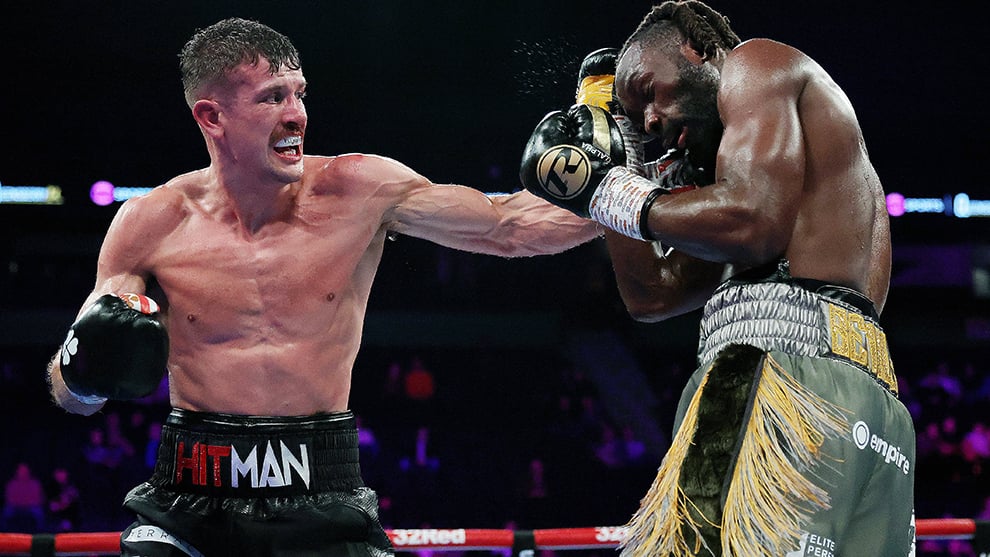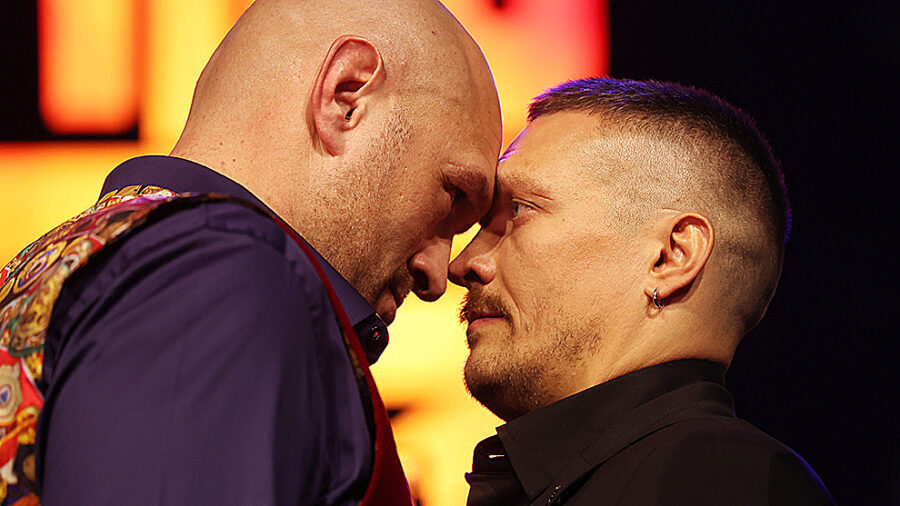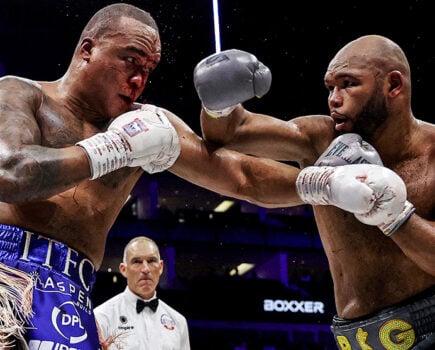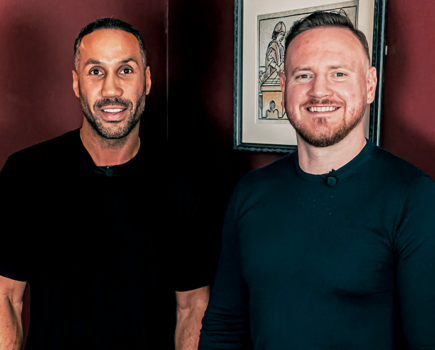By Matt Christie
EVEN the most hardened fight fan on the planet, one so used to riding the sport’s waves of elation and disappointment they’d grown numb to both, would have been reminded over the last seven days why they fell for boxing’s charms all those years ago.
It was a triumphant week. One that showcased the sport at its imperfect best and illustrated exactly what fans like the most: An evenly matched fight. It should be an unwritten rule that every bout is as evenly matched as possible. But that only a small percentage of bouts can be truly labelled as such is absurd if you really think about it.
However, on Saturday night in Manchester, nearly every bout on Queensberry’s bill highlighted what a joy this sport can be when the matchmaker is given free rein to focus purely on the spectacle of boxing. Even the fights that we thought were tilted in one boxer’s favour, like Denzel Bentley, turned into absorbing affairs in which underdogs, like Nathan Heaney, conquered against all odds.
What a joy, too, to see the British title atop what was always going to be an engrossing TNT-televised card. That Lonsdale Belt was once among the finest prizes in sport, yet it’s suffered at the expense of sanctioning body rankings and baubles that grow ever more bogus with each passing year. Yet the delight expressed by Heaney upon being confirmed as the British middleweight king is the latest heartwarming advertisement for the national championship. It’s an old cliché, of course, but winning that British title means the world to those good enough to do so. It perhaps even supplanted Jack Cully’s reaction, after he beat Mark Heffron to win the super-middleweight title in September, as the year’s most touching celebratory scene.

Nathan Heaney nails Denzel Bentley during their fight at AO Arena on November 18, 2023 in Manchester, England (Alex Livesey/Getty Images)
On the same night down in Wolverhampton, another old-fashioned title got a new lease of life. Tyler Denny and Adam Azim both won European belts with the former’s proverbial rags to riches story worthy of the headline billing it got from Sky Sports. Denny, struggling not so long ago for attention on the small hall circuit, is now the champion of his continent.
A couple of minor grumbles: The Manchester bill finished at 12-30am, which was perhaps a little late in the day for some, including ringsider Frances Warren who could be spotted mentally clawing himself out of dreamland in the closing stages; and it was a little frustrating that the two televised bills clashed.
There is a concerted effort from all parties to avoid the latter scenario happening, however. Promoters and broadcasters know as well as we do that it doesn’t help anyone by going head-to-head in a TV battle, and we know as well as they do that it’s too easy to sit here from the outside looking in and suggest that all everyone needs to do is get their diaries in sync. One continues to hope, though, that something can be put in place, perhaps by the British Boxing Board of Control, to prevent this happening at all.
One step at a time and all that, because there are signs that the superpowers are seeing the sense in getting along. How surreal was it to see Frank Warren and Eddie Hearn sat at the same table at least Wednesday’s press conference in London? It’s unlikely they’re on the brink of a bromance and only a fool would fail to recognise that the only reason they were photographed awkwardly smiling together – like two new in-laws on a wedding day – was because of the Saudi Arabia riches. Regardless, every relationship must begin somewhere and for as long as they are at least amicable, the better.
Furthermore, there is evidence of improvement in quality control throughout the sport. Editing a weekly boxing magazine can be a tiresome task, particularly on a Sunday when the small hall reports start coming in and it becomes clear that the writers, while politely awarding three stars to even the most mundane offering, are struggling to come up with a different way of saying the red corner won every round. There has been a steady improvement this year, however, with numerous cards staging exciting battles with this past weekend arguably the best of the year. Alongside those events in Manchester and Wolverhampton, there were some rip-roaring affairs in Cardiff and Glasgow. No surprise that domestic titles were on the line at all of the above.
Titles, the genuine ones, are important. None more so than the world heavyweight title which will be contested again – at long last – on February 17 next year when Tyson Fury and Oleksandr clash in Riyadh, Saudi Arabia. Its confirmation at an insult-filled press conference may have lacked the feel-good warmth generated by the victories of Heaney or Denny, but it indicated that boxing can – if there is enough money on the table – make the fights we most want to see.
Whatever your opinion on Fury shouting at Usyk and Usyk ignoring Fury, whether or not you buy into the mind games or have a strong hunch about the about the outcome, there should be no attempt to downplay the magnitude of the contest.
It’s been a long road to get to a point where we will, for the first time since Lennox Lewis ruled at the turn of the century, be able to recognise one world champion in the heavyweight division.
It’s a contest that should take its place in heavyweight history – irrespective of how entertaining it proves to be – alongside only a handful of others as the most significant.
Though there have been bouts of greater cultural importance, like Joe Louis-Max Schmeling II in 1938, and fights destined for eternal fame, like Muhammad Ali-George Foreman in 1974, Fury-Usyk marks the end of the longest period of frustration the division has yet seen.
Others that can compare include Mike Tyson-Michael Spinks from 1988, a blowout that resulted in Tyson ruling supreme as the lone leader for the first time since the end of Ali’s time at the top a decade earlier. Joe Frazier defeating Ali in 1971, in an event that is unlikely to ever be matched, was another that brushed aside a period of confusion. And of course, the two-fight rivalry between Lewis and Evander Holyfield in 1999 that crowned the Briton as the best heavyweight in the world, and the decade.






